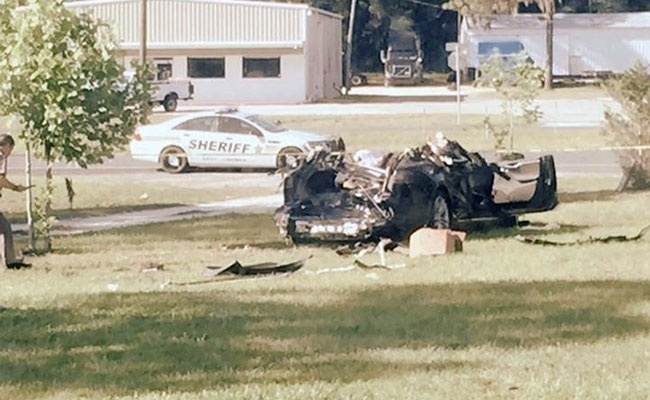
By Sarah Hager
Self-driving cars seem to be the future of transportation, but can we really trust the safety of these innovative vehicles? Automated cars pose a threat to both the life of the driver and the lives of others sharing the road.
In the past five months, there have been two reports of fatal crashes that occurred while autopilot technology had been in use. Both crashes involved cars made by Tesla, one of the leading companies in automated vehicles. Tesla told The Guardian that due to the brightness of the sky at the time of the first crash in May, the car’s sensor system was unable to recognize a truck crossing its path.
“We’re still very, very far from visual intelligence, understanding scenes and actions the way humans do,” said Dr. Ali Farhadi, a University of Washington computer scientist and artificial intelligence researcher.
Sensor technology is not yet advanced enough to be completely trusted. Although the United States Department of Transportation has the authority to recall any self-driving vehicle they deem as unsafe, will the agency really put its power into practice? When will they make the decision to recall a car? Only after a fatal accident has taken place?
While the mistakes of humans have led to almost all past car crashes, allowing computers to share the road with humans will not improve accident rates.
Self-driving cars “will save time, money and lives,” according to Jeffrey Zients, director of the National Economic Council, in a New York Times article.
However, introducing these automated vehicles to public roadways could actually increase the amount of accidents. Human drivers think differently than computers. Computers cannot predict the split second instinctive reactions of humans; they can merely assess their surroundings and make judgments based on their observations.
Tesla’s recent developments, including improved road hazard detection and more frequent warnings that will alert the driver of potential dangers, will soon be installed in their self-driving vehicles, and it is likely that other manufacturers will follow suit. However, these modifications do by no means guarantee complete protection from harm.
“Knowing what I know about computer vision, I wouldn’t take my hands off the steering wheel,” said Jitendra Malik, a computer vision researcher.
Companies producing automated cars advise customers to stay alert and keep their hands on the wheel. Nevertheless, these warnings may not be enough to stop drivers from being overly confident in the abilities of their vehicle.
Dangerous or not, it is likely that the research and development of autonomous cars will continue to expand in the coming years. Perhaps, in the distant future, technology will be advanced enough so as to make self-driving cars safer than human drivers, but for now, I wouldn’t place my life in the hands of a computer, even if it means taking a nap behind the wheel on my drive to school.